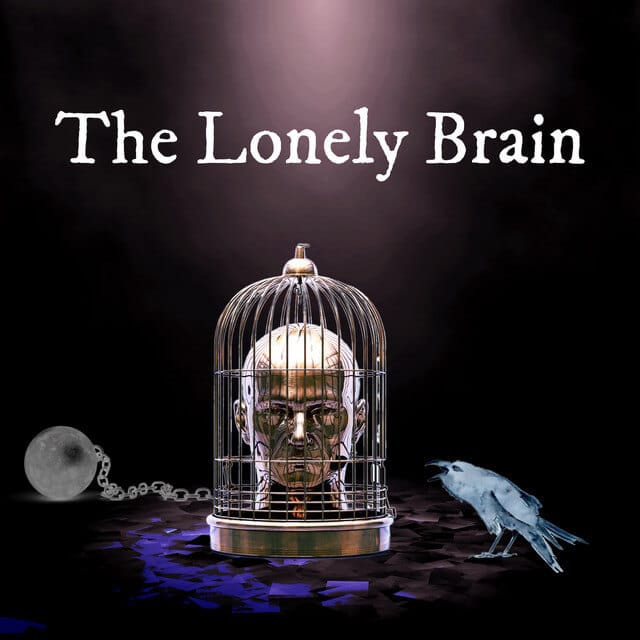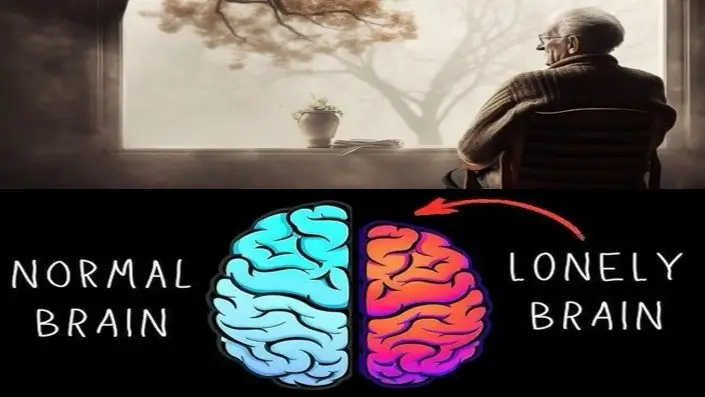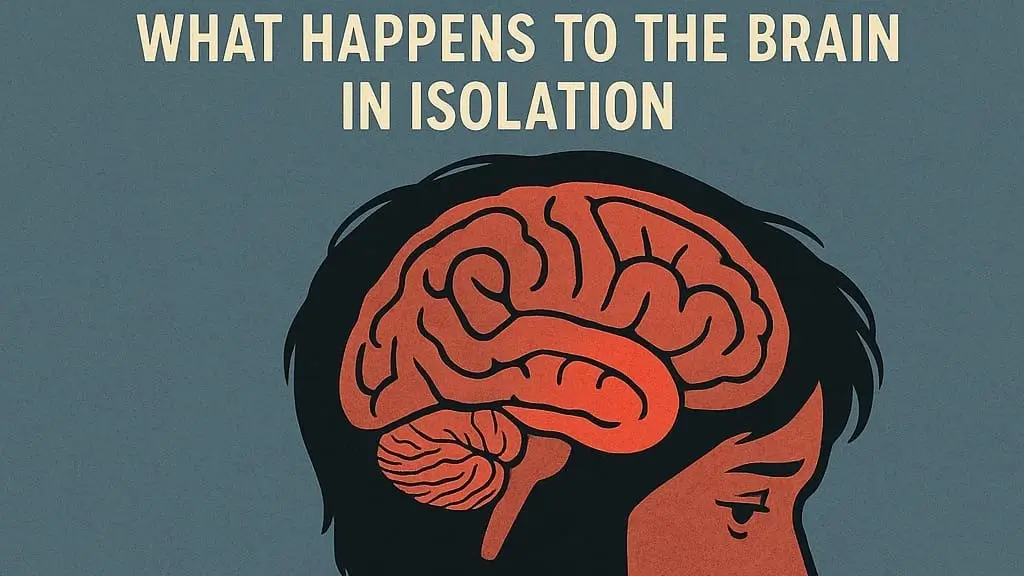
Did You Know?
Loneliness can damage your body. It can damage your mind. You may think it is just a feeling. It is not just a feeling. Loneliness can change your brain. It can even shrink some areas. This is an alarming thought. It is not a metaphor. Scientists have proven it to be true. Our brains need people. We need a human connection. Human connection is necessary. It is as necessary as food and water.
The Brain and Loneliness: What Happens?
Social isolation occurs when people isolate themselves. Loneliness is the experience of being alone. Both social isolation and loneliness affect your brain psychologically. And when we are lonely, we are stressed. Stress means that stress hormones are released in your body. The stress hormone is called cortisol, and it can hurt the cells in your brain. Also, cortisol can inhibit the growth of new brain cells or even shrink certain areas of your brain. Hence, these areas are extremely important for remembering and thinking clearly. Therefore, loneliness can make you feel dull or confused, maybe blank.

The Social Network of the Brain: A Psychological Perspective
Our brains are wired for social connection. The brain has a network of circuits that are wired for matching with others. These are acting subconsciously, producing a bonding experience with others. When we are surrounded by family or people we love, our brain will release good chemicals, endorphins, making us feel happy and healthy. So, if we go too long without engaging in a social activity, the circuits atrophy from inactivity, like a muscle we no longer work out. Hence, this leads to feelings of anxiety because our brain’s social network is collapsing, and we feel sad. It is known that feelings of isolation are a serious risk factor for depression.
The Physiological Impacts of Isolation
Ultimately, being lonely can affect more than your mind. Loneliness can affect your body. Also, it can cause your blood pressure to rise. This will force your heart to work harder. It also reduces your immune response. This may cause you to be sick more often. There has been research done to support this today. Loneliness, in whatever degree, is a serious risk to your health. It places your entire physical being at risk.
Technology’s Contribution
Technology provides a variety of platforms to connect. You can text, call, or video call. These forms of technology can be beneficial. But social media can give some people a false sense of connection. You can look into a friend’s life. But this does not replace the need for a real conversation. In fact, some people feel even lonelier after being in contact with social media. Use technology to your advantage to build real connections. Do not just use technology to watch people live their lives.
Read more: Face Speaks: What Your Expressions Reveal

How We Cope: A Psychological Consideration
People respond to isolation in different ways. Some people take on the deprivation of socialization exclusively by themselves. They try hard not to pay attention to the feelings created by the isolation, and they become avoidant and do not reach out to anyone. This can worsen the social problem. Other people, however, try to find something (a solution!).
They try to reach out to friends. They try to join a team/activity/event. Also, they try to develop a hobby to keep a routine and stay busy. These examples help our brain, and us as people, feel useful and purposeful, as well as, safe. Developing and discovering purpose and community is vital to getting through hard times. You have to actively seek out and connect with other human beings!
Changes in the Body: The Numbers
There is a relationship between isolation and the size of the brain. Scientists study this in too much depth, specifically the hippocampus, which is an area of the brain that is very important for memory, and have studied it in over 32,000 people and showed a relationship between social isolation and hippocampus size in 2023. Another study published in 2024 in Nature Neuroscience looked at a related measure in older adults and had a similar connection. Therefore, it appears that loneliness can have a meaningful impact physically and not just in your head.
Islamic Insight: The Value of Community
Community is very important and extremely encouraged in Islam. It is called the Ummah. Muslims should be a family. They should always support each other–Islam does not recommend living as a monk. It is not a recommended way of living one’s life alone. The Prophet Muhammad (PBUH) suggested that. He said we should visit the sick, attend funerals, admonish one another, and give gifts. It’s good that they all help combat loneliness. They help protect our brains. They show us we are never alone- Allah (SWT) said to promote each other in goodness.- There is a clear injunction.
How to Protect Your Brain: Steps to help
You can protect your brain from isolation. You can make it a priority. Here are some easy steps:
- Reach out to someone. A friend. Send a text or call. Just say hello.
- Join a club or group. Find a hobby you like. Meet people who share your interests.
- Volunteer your time. Helping others is great for you. It gives you purpose. It helps you connect with others.
- Use social media wisely. Don’t just scroll. Reach out. Share your life. Talk to people.
- Find a hobby that you love. Start a new project. You might meet others who do it too.
read more: Daily Affirmations to Reprogram Your Mind

Final Thought: A Health Choice
Loneliness is a very serious matter. It has real impacts on our brains. It can even make our brains smaller. Additionally, it can also impede our thinking. As a result, primary importance must be given to loneliness and isolation. You must make social contact a priority. You must make it part of your daily routine; your brain depends on it. Your health depends on it. So, reach out to someone today. Your mind will appreciate it.



Leave a Reply